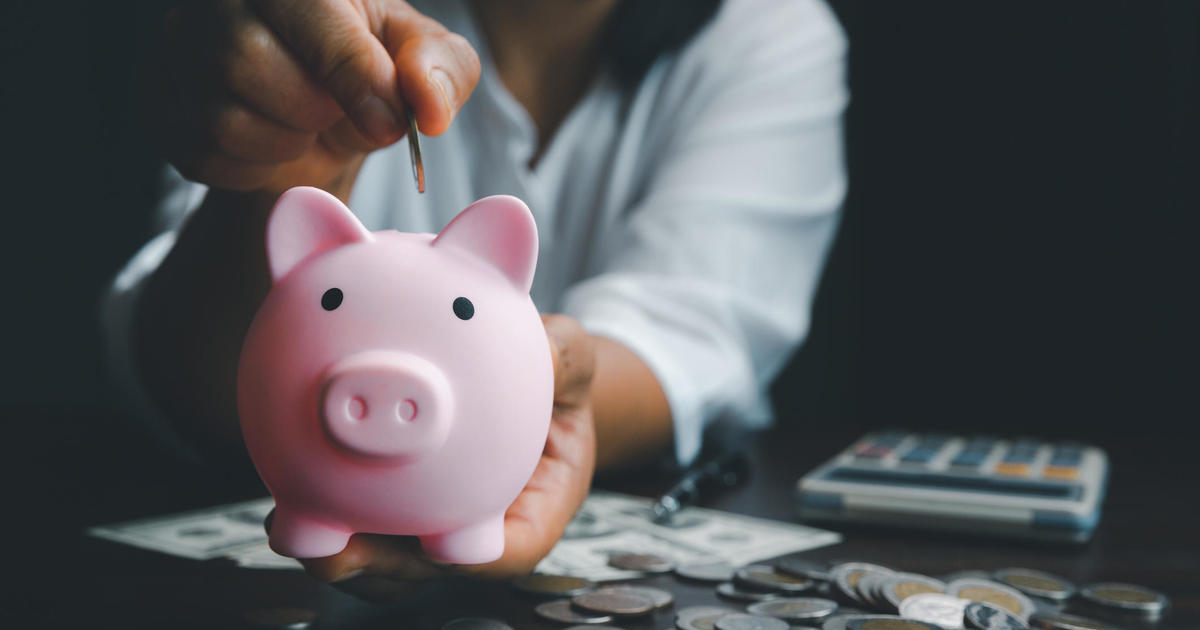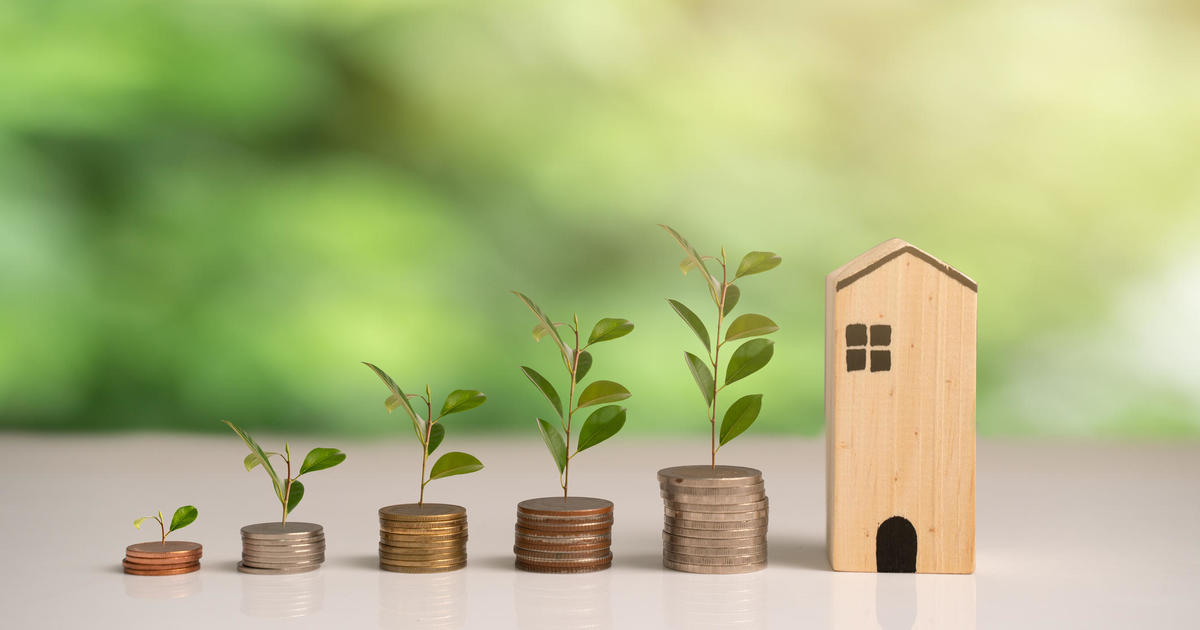When rates are high, should you save money or pay off debt?
Today's high interest rate environment can have two primary effects on your financial situation.
For one, borrowing is more expensive. Everything from buying a home to taking on a personal loan to paying down credit card debt is more costly than it was a few years ago. But higher interest rates also mean great earnings on your savings. High-yield savings accounts and certificates of deposit (CDs) today earn upwards of 4% and in some cases even close to 5% APY.
So, if you have extra cash after paying down your necessary expenses each month, is it more beneficial to put more toward your debt payoff, or contribute something extra to your savings? There are some ways you can decide which is best.
Before you get started, check here to make sure you're taking advantage of high-yield interest rates with one of today's top saving accounts.
Should you pay off debt or save money?
Before you choose between debt and savings, you should first make sure you're at least meeting your minimums. For debt, that means making your minimum required payments on time and in full each month. This will keep you from defaulting on your loan or credit line and help you maintain good credit.
After that, whether to save or pay down debt may come down to your individual circumstances. Here are a couple factors to consider:
Your current emergency fund
If you have no emergency savings at all, you may be better off in the long run by focusing on adding a few hundred dollars to an emergency fund before tackling your debt. After all, if an emergency strikes, you could risk taking on even more debt if you don't have the cash on hand to cover the cost.
While experts recommend having at least three to six months' expenses saved for emergencies, prioritizing at least some amount each month toward your emergency fund is a great starting point. With a high-earning savings account, you can even boost your balance over time with interest earnings.
Compare top savings account rates available now to find the best place to build your emergency fund today.
The interest rate on your debt
The interest you're accruing on your debt each month could be a big reason to prioritize paying down your balance before focusing on other financial goals.
For example, if you have very high-interest debt — such as high credit card balances — you may benefit most by putting the majority of your leftover cash each month toward that debt.
On the other hand, say you also have a loan that you took out when rates were low that only has a 4% interest rate. In that case, not only might that be a lower priority than your higher-interest debt, but there could even be an opportunity cost to prioritizing it over savings right now.
If you can earn 5% APY on the money you save with a high-yield account, that could result in more money earned over time than what you'll save by paying down the loan — given the 1% difference. That doesn't mean you should ever stop paying your debt entirely — just that you may want to prioritize saving money ahead of putting extra toward your loan payments.
How to make the most of your payments
With how high interest rates are today, saving money and paying down debts are both smart financial moves.
Of course, you can always decide to pay down debt while you save. If you take this approach, it's incredibly important to stick to a budget, so you can free up the extra cash each month. Figure out exactly what your expenses are and where you spend the most money. Then, you may be able to find places where you can save or cut those monthly costs.
Automation is another smart way to meet your goals. You can set up automatic transfers to your savings account each time you get paid — so you don't even have time to miss the money before it's safely stored away in savings. Alternatively, you may also want to automate your debt payments, so you can ensure you never miss a monthly payment and automatically account for it in your budget.
Finally, make sure you're getting the most from your savings with a competitive high-yield savings account. Choose an account with no monthly fees and minimum requirements that work with your budget. You'll want to look for an APY of at least 4%, though many accounts today earn 4.5% APY or even more.
Start maximizing your savings by comparing today's top rates here now.




